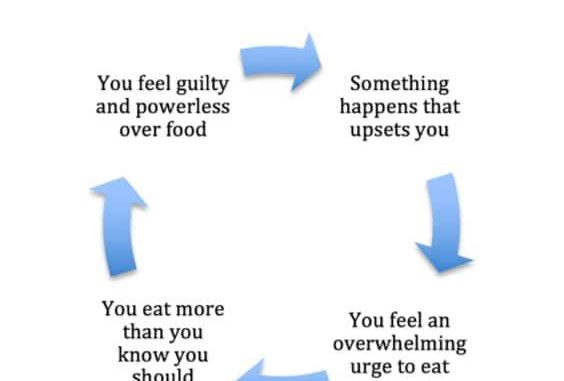
Emotional eating refers to the practice of consuming food in response to feelings and emotions, rather than hunger. It is a common coping mechanism for dealing with stress, anxiety, sadness, and other negative emotions. However, emotional eating can lead to weight gain, poor nutrition, and overall negative impacts on physical and mental health.
Identifying Triggers
The first step in preventing emotional eating is to identify the triggers that lead to this behavior. Stress is a common trigger for emotional eating, but other emotions such as boredom, loneliness, and sadness can also contribute to the urge to turn to food for comfort. Keeping a journal can help you track your emotions and identify patterns that lead to emotional eating.
Practicing Mindful Eating
Practicing mindful eating can help you become more aware of your eating habits and make healthier choices. Take the time to savor and enjoy your food, paying attention to the flavors, textures, and sensations. Eating slowly can also help you recognize when you are full and prevent overeating.
Find Healthy Coping Mechanisms
Instead of turning to food for comfort, find healthier ways to cope with stress and emotions. Engaging in physical activity, practicing relaxation techniques such as deep breathing or meditation, or talking to a friend or therapist can help you manage your emotions without resorting to emotional eating.
Creating a Support System
Having a strong support system can be crucial in managing stress and emotions. Surround yourself with friends and family who can provide emotional support and encouragement. Joining a support group or working with a therapist can also help you develop healthier coping mechanisms and prevent emotional eating.
Setting Realistic Goals
Setting realistic goals for yourself can help you manage stress and emotions more effectively. Break big tasks into smaller, manageable steps, and celebrate your accomplishments along the way. By setting achievable goals, you can build self-confidence and avoid the feelings of failure that can trigger emotional eating.
Seeking Professional Help
If you find that emotional eating is significantly impacting your physical and mental health, consider seeking professional help. A therapist or counselor can help you identify the root causes of your emotional eating and develop strategies to manage stress and emotions in a healthier way.
Conclusion
Managing stress and emotions is essential for preventing emotional eating and maintaining a healthy relationship with food. By identifying triggers, practicing mindful eating, finding healthy coping mechanisms, creating a support system, setting realistic goals, and seeking professional help when needed, you can develop a healthier approach to managing stress and emotions without turning to food for comfort.
